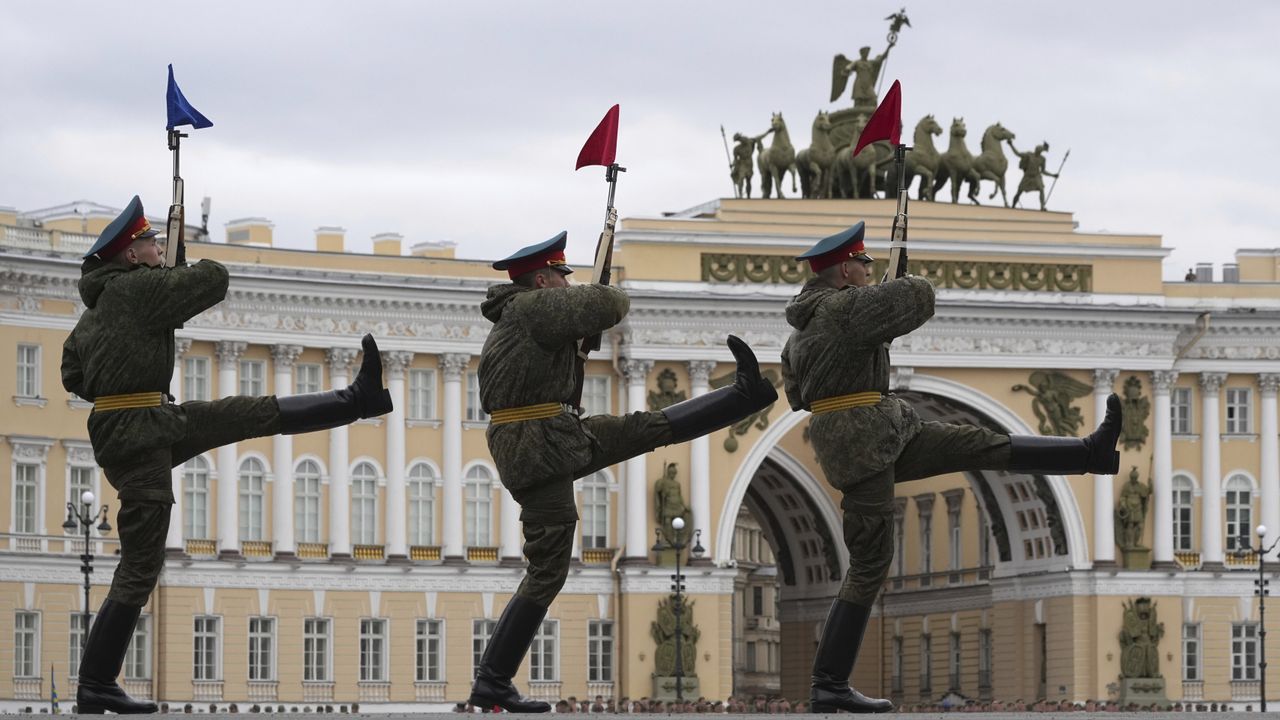Vladimir Putin: Shaping Russia's Modern Identity Through History and Power
Vladimir Putin remains one of the most influential and controversial leaders of the 21st century. His approach to leadership has profoundly shaped Russia's national identity and foreign policy, often invoking key moments from Russian history. This article explores how Putin leverages historical events, especially the Soviet Union's victory in World War II, to rally support and consolidate his government's authority.

How Vladimir Putin Uses History to Bolster Support
One of the cornerstones of Vladimir Putin’s approach is his strategic use of history. Every year, Russia celebrates Victory Day on May 9, marking the end of World War II. This event is more than just a commemoration—it's a pivotal opportunity for Putin to unite the country under a proud, patriotic narrative. The victory over Nazi Germany remains a moment of immense pride for Russians, and the holiday is the nation’s most important secular event. Putin’s government has effectively elevated this legacy to reinforce national unity and remind citizens of past sacrifices for current stability. To understand this dynamic better, this article provides an in-depth look at how Putin relies on Russia’s wartime history to inspire support.
The Intersection of Propaganda and Nationalism
Putin’s regime is often criticized for blending Soviet and contemporary Russian legacies to promote a singular narrative. Critics argue that this tactic can blur the differences between the Soviet Union’s socialist foundations and today’s Russian Federation, which is more oligarchic and capitalist in nature. By invoking the massive sacrifices made during World War II, the Kremlin positions current policies as an extension of this historical struggle. An insightful perspective on how Putin’s narrative exploits the memory of World War II to rally the public and justify government actions is available in this analysis.
Controversies Surrounding Putin's Policies
While many Russians appreciate Putin's appeals to national pride, his methods also generate fierce debate. Some analysts say that the continual invocation of past victories allows the regime to deflect criticism and discourage dissent. Others argue that it serves to justify controversial moves, such as the war in Ukraine, by framing them as defensive actions tied to Russia's historical battles.
Furthermore, independent observers note that Putin's leadership style often relies on portraying the West as an existential threat, echoing the wartime rhetoric. This approach helps solidify support among the population but can also contribute to international tensions.
Russia's Identity in the 21st Century
Vladimir Putin’s leadership has fostered a complex national identity—rooted in historical memory and focused on the idea of a resurgent, resilient Russia. His government encourages cultural productions, parades, and educational initiatives that reinforce patriotic sentiment. Observers note that these efforts are not merely nostalgic but strategic, helping the Kremlin shape public opinion and policy preferences both at home and abroad.
Conclusion: The Lasting Impact of Putin's Historical Narrative
Vladimir Putin’s use of Russia’s World War II legacy is central to his grip on power and the shape of modern Russian society. By continually drawing upon the symbolism of victory, he appeals to national pride and seeks to legitimize his rule. As Russia faces new challenges domestically and internationally, understanding how Putin uses history offers valuable insight into the future of both his presidency and the nation as a whole.
For further reading on Putin’s utilization of historical events and its implications on Russian society and international politics, consider reviewing this informative source and Yahoo’s coverage of the annual Victory Day celebrations.